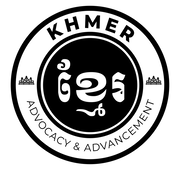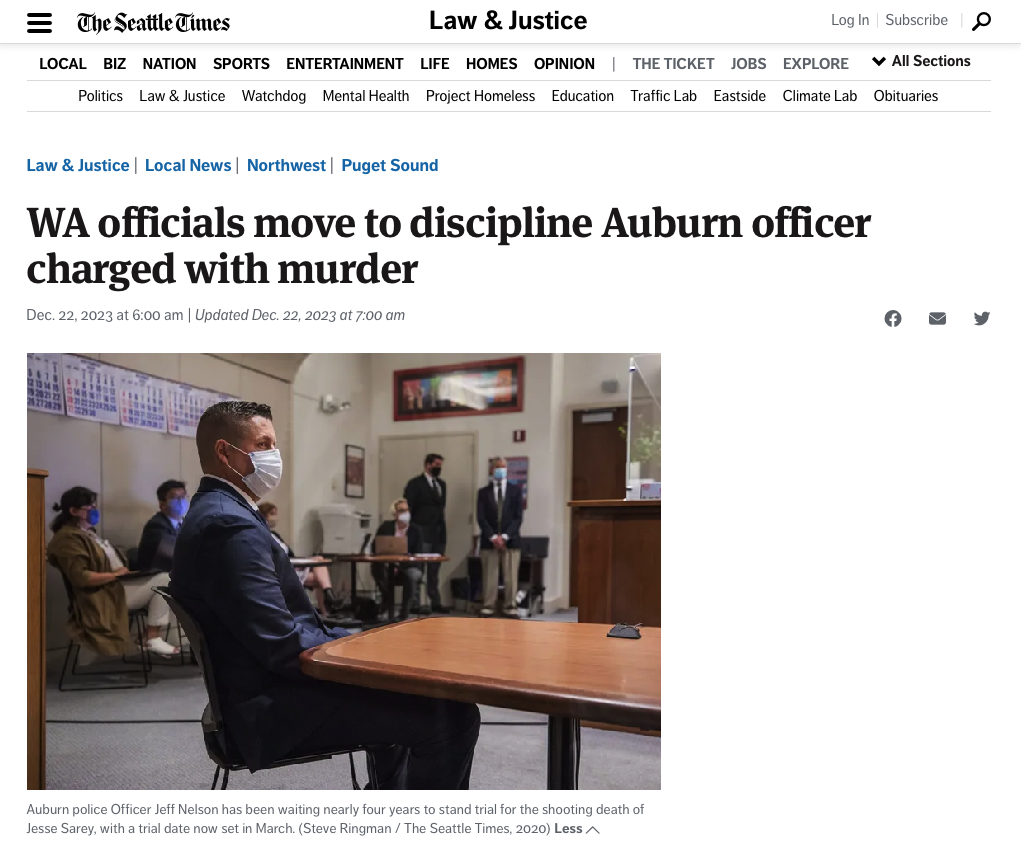On May 31, 2019, Jesse Sarey was murdered by Officer Jeffrey Nelson of the Auburn Police Department. Jesse suffered from mental health issues and was experiencing a crisis when the police were dispatched. Instead of dignity and compassion, Officer Nelson treated Jesse with aggression and hostility. While attempting to arrest Jesse for public disturbance, a misdemeanor, Officer Nelson, shot Jesse once in the stomach and then again in the forehead. Jesse Sarey's fatal encounter was Officer Nelson's third fatal use of force. Previously, he had murdered Brian Scaman and Isaiah Obet. Isaiah's family is still waiting on an inquest process, which has been delayed due to Officer Nelson's upcoming trial of Jesse's murder.
Memories surface as Steven, Jesse's older cousin, share stories of their close relationship. Described as more like siblings than cousins, Steven recounts playful fights and the loyalty that has always existed between them.
Community open letter
GET INVOLVED AND TAKE ACTION
Call on the WA State Criminal Justice Training Commission to Decertify Nelson
- Email the Washington State Criminal Justice Training Commission at [email protected]
- Subject line: “Decertify Jeff Nelson of the Auburn Police Department”
- Body:
I am calling upon the WA State Criminal Justice Training Commission to strip Auburn Police Officer Jeff Nelson of his certification. It has come to my attention that the officer who is responsible for the death of 3 people--Jesse Sarey, Isaiah Obet and Brian Scaman--is still certified and qualifies for paid administrative leave as he is awaiting trial. It has been nearly 4 years since Nelson killed Jesse Sarey. The commission has already determined that between 2011 and 2019, Nelson engaged in at least 17 uses of force that showed a reckless disregard to civil rights. Incidents involve dog bites, and his frequent use of lateral vascular neck restraints, a now-banned hold that restricts blood flow to the brain, causing unconsciousness. A review of the incidents indicates Nelson has also used a Taser, his fists, his feet and his firearm leading to the death of Sarey, Obet and Scanman. He must be decertified.
Source: WA officials move to discipline Auburn officer charged with murder | Seattle Times
Source: WA officials move to discipline Auburn officer charged with murder | Seattle Times



